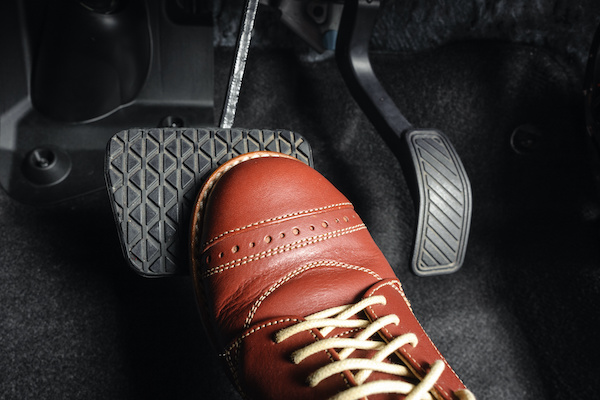The brakes on your vehicle are one of the most important safety features found on the road. If you've driven an older vehicle or perhaps one that went without maintenance for some time, you may have noticed the brake pedal softly pressing down rather than an immediate and firm start.
SHOULD I BE WORRIED?
Just like with a check engine light, soft brake pads should be an indicator to take your vehicle into an auto repair shop. While at first, the brake pad will simply take longer to activate, over time it could lead to fully losing brakes which puts everyone in a dangerous situation.
WELL, WHAT'S WRONG?
Modern brake systems utilize incompressible brake fluid to take the force you apply to the pedal and deliver it to the brakes themselves through a hydraulic system. These lines and tubes, much like any other car part, need to be replaced per manufacturer guidelines.
REPAIR ISSUES
Replacing brake system parts with the same style is a matter of safety as these high pressured hydraulic and mechanical systems are created with each component working together as intended. Failure of any one component can immobilize the whole system.
One example would be replacing seals with lower-rated ones causing a burst and total loss of braking power. If you've had a brake repair recently, a soft pedal could be a result of incompatible or faulty parts used.
AIR POCKETS IN YOUR HYDRAULIC SYSTEM
Thankfully, the most common issue for soft brakes is simply a build-up of air within the hydraulic system. When you press the brake and the hydraulics kick in, it first has to compress any air found inside which is the physical distance you have to press before your breaks start.
Bleeding the air out of the system will get your brakes back to normal, with the only concern being to make sure you don't lose all of your brake fluid. Drivers repeatedly needing to bleed the air out may have an issue with seals.
If you are experiencing any issues with your brakes or need a second opinion, please visit us at our auto repair shop today!
